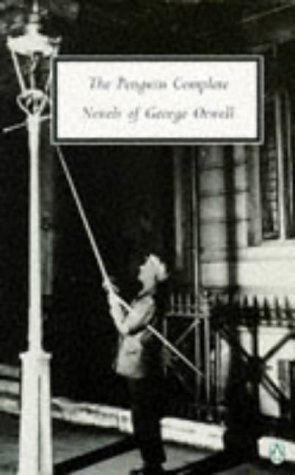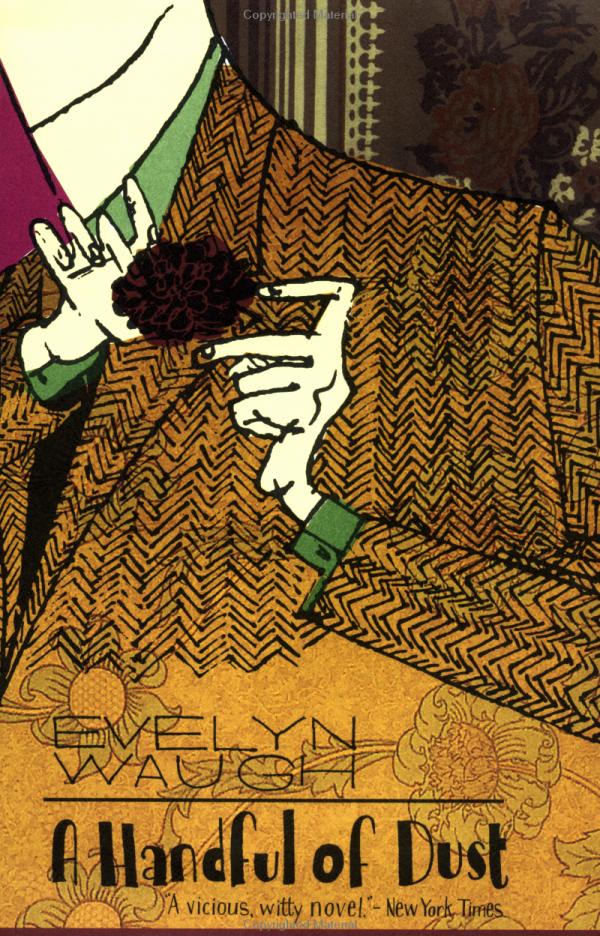
Coming up for Air
Book Description
The struggle between dreams and reality looms large as George Orwell dives into a world suffocating under the weight of conformity and despair. An unassuming man, trapped in the monotony of his existence, yearns for a glimpse of freedom and authenticity. Each breath becomes a battle against a rapidly encroaching anxiety, as he grapples with his past and the stark truths of modern life. Friends betray, ambitions clash, and the suffocating fog of the everyday threatens to consume him whole. As the waters rise, will he find a way to break free before it’s too late?
Quick Book Summary
"Coming Up for Air" by George Orwell follows George Bowling, a middle-aged insurance salesman living in pre-World War II England. Disillusioned by the monotony of his existence and the encroaching uncertainties of modernity, Bowling yearns for the simpler, more innocent times of his childhood. Struggling with the realities of work, marriage, and social change, Bowling’s nostalgia becomes a powerful escape from the anxieties of approaching war and personal dissatisfaction. Taking a brief journey back to his hometown, he confronts the painful realization that the past is irretrievable and that the world he cherished has been irreversibly transformed. Through Bowling’s internal battle and disillusionment, Orwell captures the suffocating sense of loss and the universal search for meaning amid rapid social upheaval.
Summary of Key Ideas
Table of Contents
Nostalgia and the Loss of Innocence
George Bowling, an ordinary man approaching middle age, finds his life saturated with routine and dissatisfaction. Set on the eve of World War II, Bowling’s existence is marked by an unremarkable job, a strained marriage, and a rapidly transforming world. Overwhelmed by the monotony of suburban life, Bowling is haunted by memories of an idyllic childhood in Lower Binfield, full of fishing trips, carefree days, and the unspoiled English countryside. These memories spark in him a longing to recover the peace and possibility he once knew.
Anxiety in a Changing World
Bowling’s nostalgia is sharpened by his acute awareness of the broader social and political changes surrounding him. The rise of fascism, the economic aftermath of the Great Depression, and the drumbeats of war heighten his anxiety. He struggles to reconcile the security of the past with the uncertainty of the present, sensing that both personal and national innocence are under siege. The encroaching modern world, with its standardization and loss of individuality, leaves Bowling feeling increasingly disconnected from his surroundings and from himself.
Alienation and Conformity
Motivated by a small windfall, Bowling impulsively decides to visit his childhood town, hoping to recapture the happiness he once knew. However, he is confronted by a landscape and community that have changed unrecognizably. The river where he fished is polluted, buildings have replaced fields, and the people are strangers. Bowling’s journey underscores the futility of his quest and the harsh truth that the past cannot be resurrected. This profound disappointment deepens his sense of alienation, exposing the gap between memory and reality.
Illusions versus Reality
Throughout the novel, Orwell explores the constraints imposed by conformity and the ways individuals are shaped by societal expectations. Bowling’s dissatisfaction is compounded by his inability to communicate his feelings or connect meaningfully with those around him. Trapped in the roles prescribed by his work, family, and society, Bowling’s interior struggle is emblematic of the broader human conflict between personal desires and external obligations. The looming threat of war intensifies this suffocating atmosphere, reinforcing the sense of impending loss.
The Elusiveness of Escape
Ultimately, "Coming Up for Air" meditates on the impossibility of true escape, whether from one’s circumstances, history, or the march of time. Bowling’s journey serves as a cautionary tale about the power of nostalgia and the danger of clinging to illusions. Through his protagonist, Orwell conveys the universal longing for meaning and authenticity in a world increasingly defined by change and uncertainty, leaving readers to ponder their own relationship with the past, present, and future.
Download This Summary
Get a free PDF of this summary instantly — no email required.





